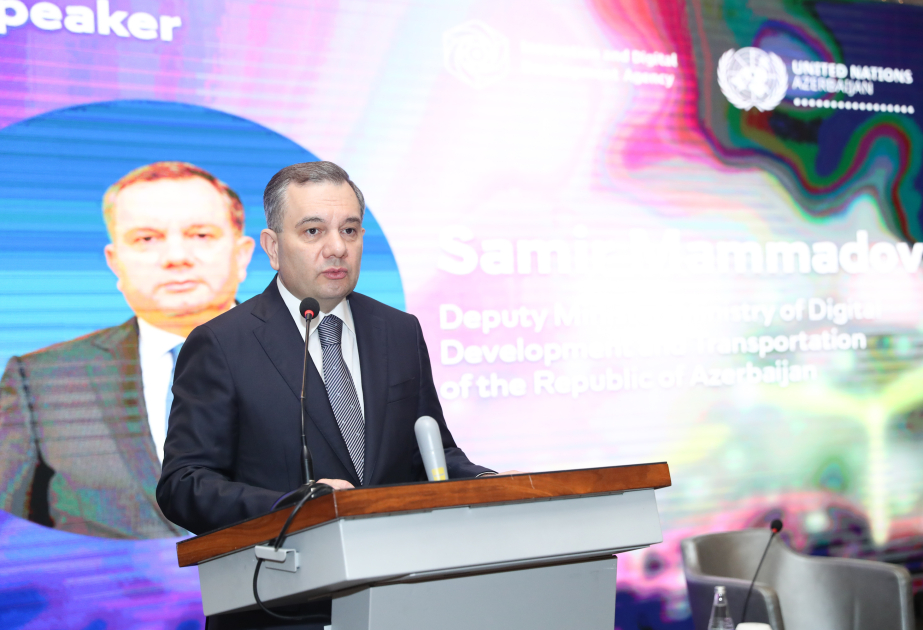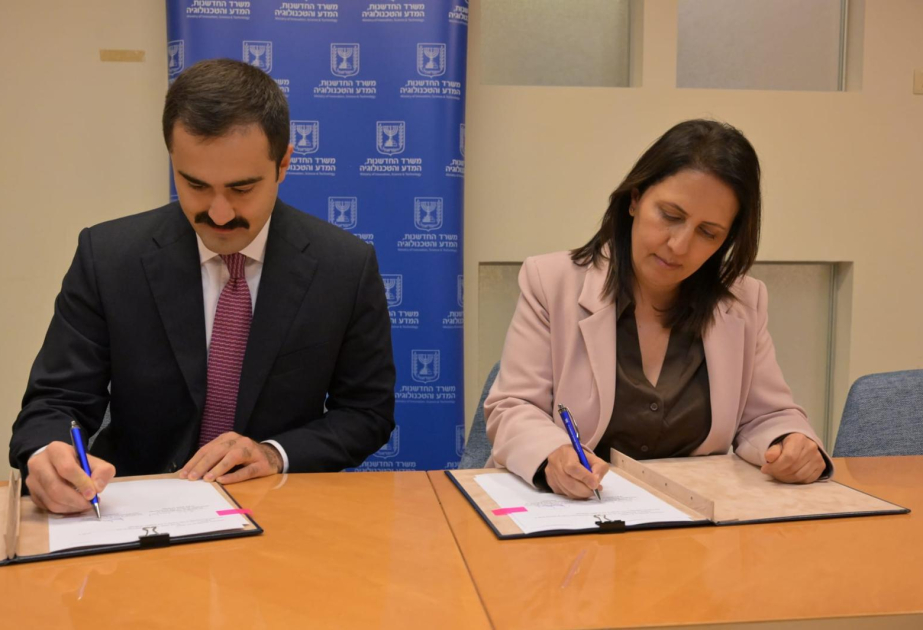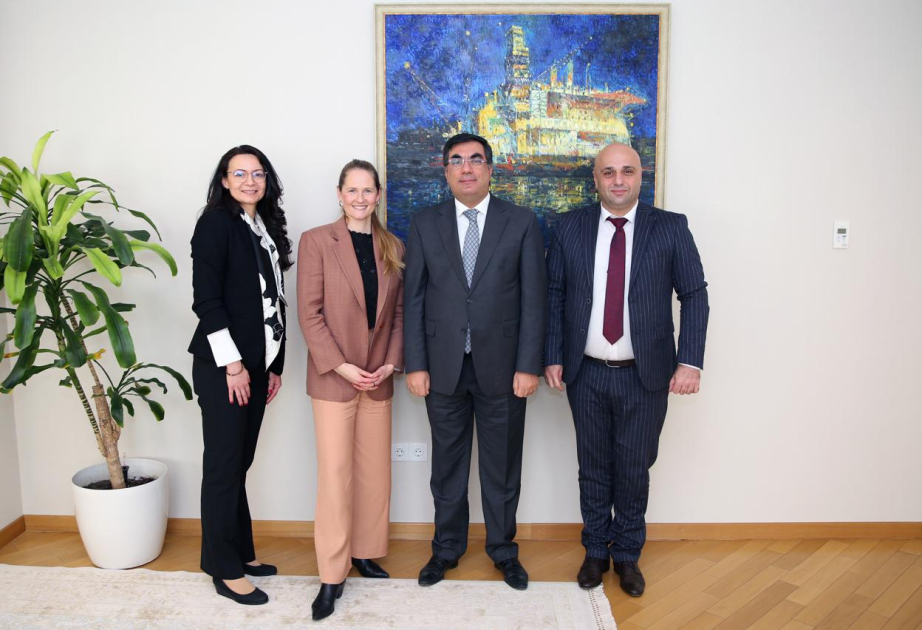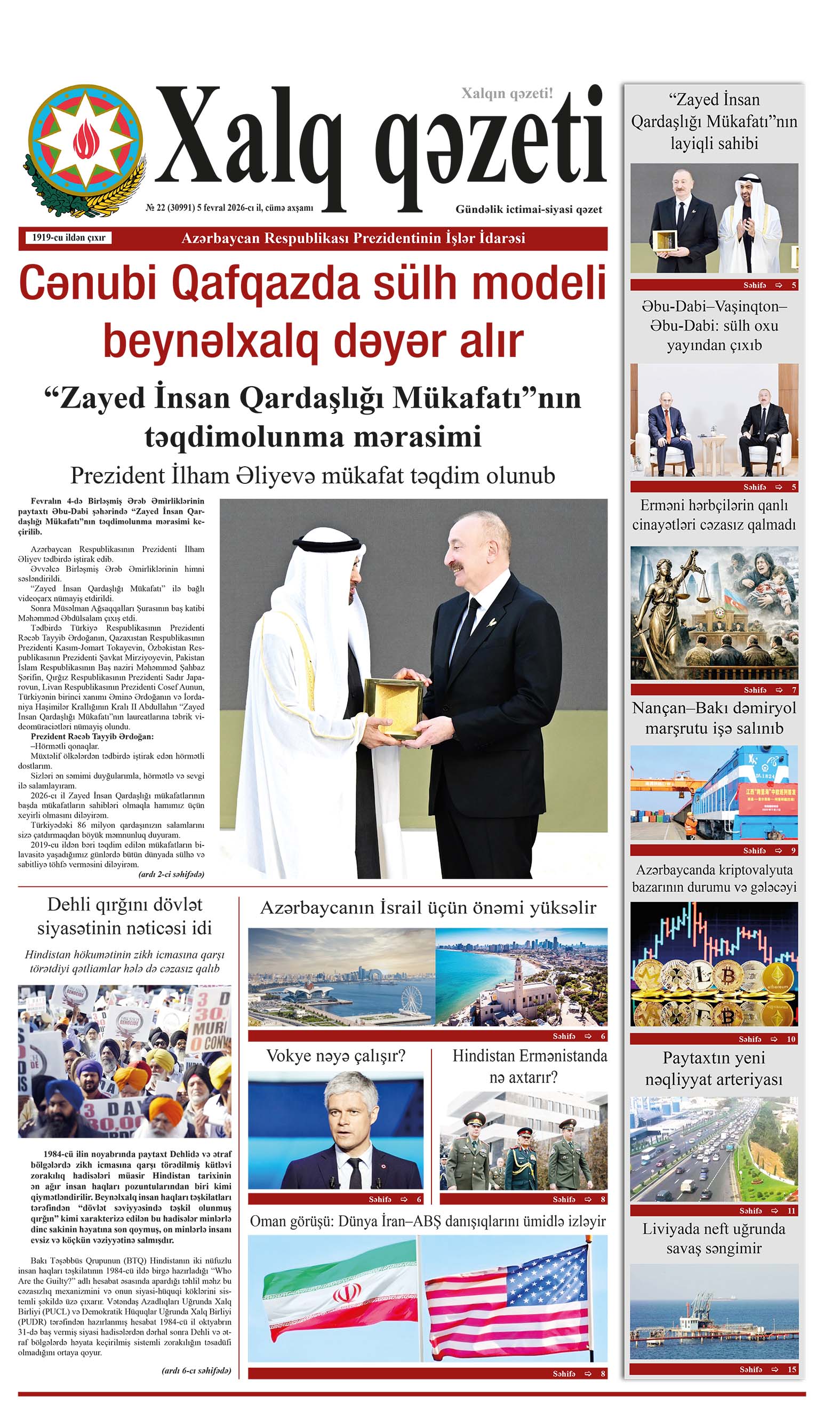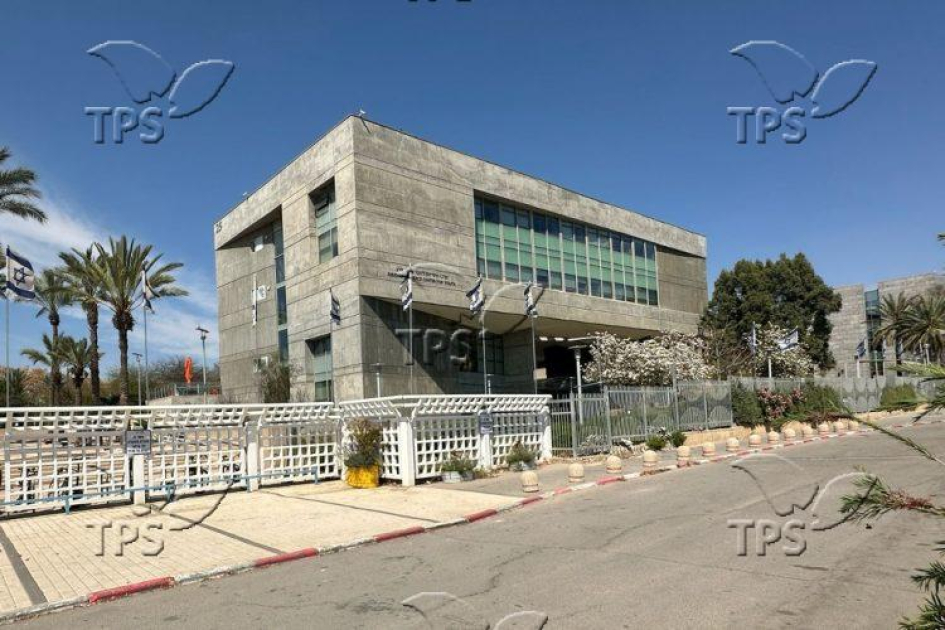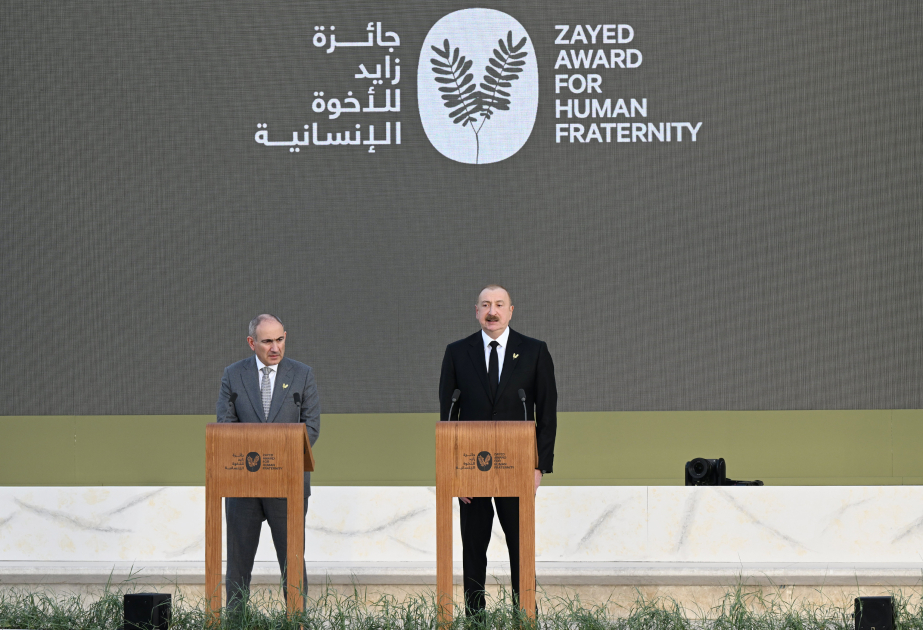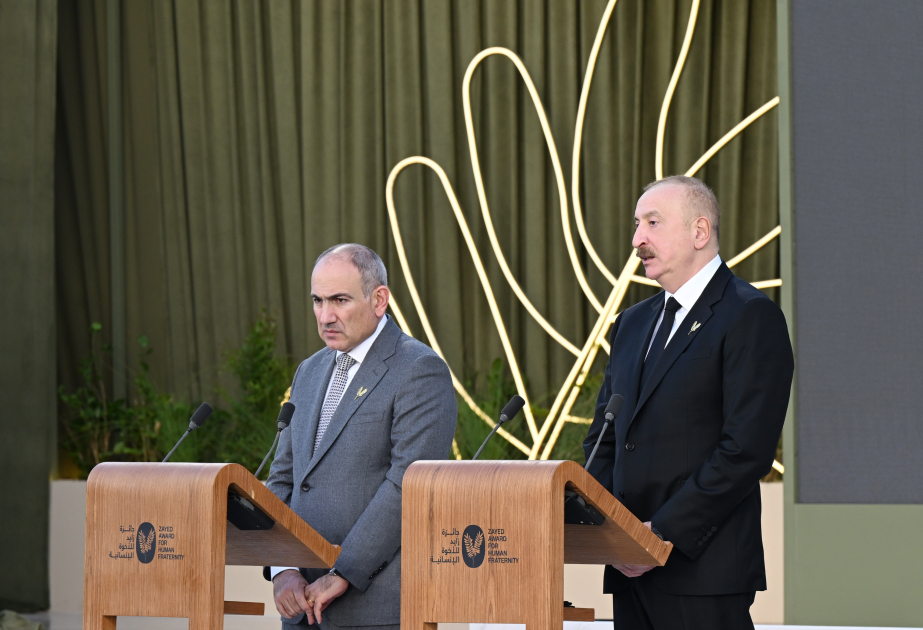“Hopefully, the Online Azerbaijan project will be completed within the next few weeks, providing 100% of households nationwide with high-speed internet, mainly fiber-optic broadband. Today, 99% percent of households and business entities across the country have access to fiber-optic broadband internet. I am glad to inform my colleagues that every single village in Azerbaijan will have access to broadband internet connectivity,” said Samir Mammadov, Azerbaijan’s Deputy Minister of Digital Development and Transport, at an international conference titled “Paperless Government: Environmental Impact of Digitalization and Innovation.”
"Education and science are pivotal to Azerbaijan's digital transformation and innovation efforts. Strengthening human capital is at the heart of this process. Initiatives like the Technest Scholarship and Holberton School, led by the Innovation and Digital Development Agency (IDDA), play a crucial role in building a skilled workforce. Through Technest, more than 8,000 scholarships have been awarded. Holberton School further enriches the country's tech talent, with 43 graduates to date and another 88 currently enrolled in ongoing computer science and software development courses,” Mammadov underlined.
Highlighting Azerbaijan’s significant strides toward creating a more sustainable and efficient governance through the Digital Document Circulation project, Samir Mammadov said: “This project delivers a fast, secure, and environmentally friendly solution that has revolutionized how government entities collaborate. More than 1,000 organizations in Azerbaijan are now connected to this system, with over 500,000 documents processed digitally each month. This is equivalent to saving more than 2,000 trees every year, marking a substantial contribution to our environmental goals.”
“The benefits of Digital Document Circulation are clear: documents are delivered instantly, security is enhanced, and the use of paper is substantially reduced. With Digital Document Circulation, the preparation, sending, and approval of documents have become faster, safer, and easier. It brings us one step closer to a truly paperless government and a sustainable digital future,” he added.


